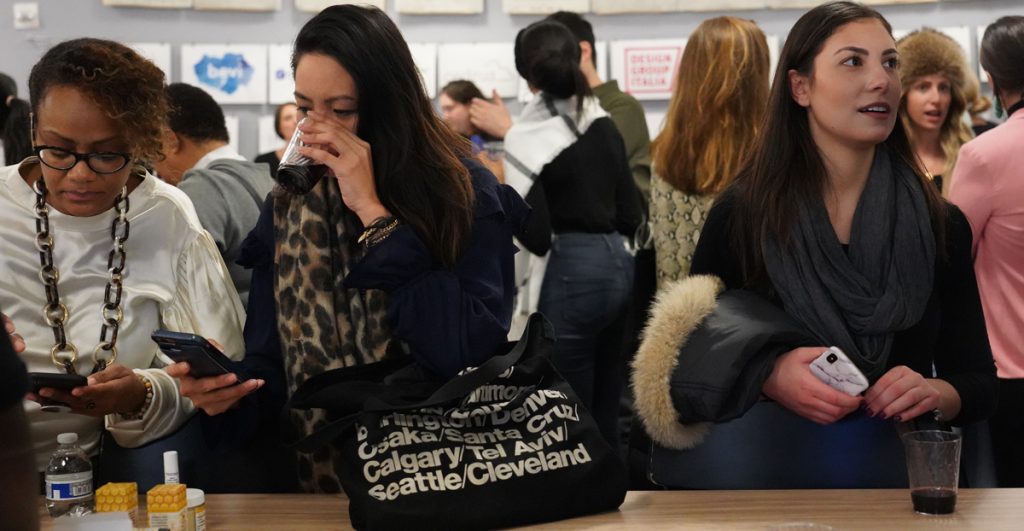Federal legislation that would allow banks and other financial institutions to provide services to marijuana businesses that are legal under their state’s law has been passed by a key House panel.
 According to Reuters, the bill would provide sought-after clarity to banks across the country that want to do business with the growing marijuana industry, where companies have struggled to gain access to the financial system. The issue is especially relevant now that 10 states in the U.S. have legalized marijuana for recreational purposes; over 30 have passed some form of medical marijuana legalization.
According to Reuters, the bill would provide sought-after clarity to banks across the country that want to do business with the growing marijuana industry, where companies have struggled to gain access to the financial system. The issue is especially relevant now that 10 states in the U.S. have legalized marijuana for recreational purposes; over 30 have passed some form of medical marijuana legalization.
The measure was broadly backed by a mixture of Democrats and Republicans. It now proceeds to the full House, where it is expected to be passed by the Democrat-led chamber in the near future. However, the bill faces an uncertain future in the Republican-led Senate, according to analysts.
“While all but 3 states allow for some form of legal cannabis use, marijuana is still illegal on the federal level”, states Reuters. “That has left banks largely unwilling to do business with businesses that sell marijuana or related enterprises, out of concern they could run afoul of federal laws.
In particular, banks are wary that taking deposits from pot businesses while marijuana remains illegal at the federal level could violate anti-money laundering laws, which in turn could put at risk their federal charters or access to federal payments systems.”
Currently, companies in the marijuana industry have extremely limited options for dealing with their finances, with many relying on strictly cash to do business. Numerous lawmakers noted that operating exclusively in cash can be extremely dangerous, making companies a target for theft.
The bill has the backing of the banking industry, where firms are eager for reassurance from the federal government they can engage in this sort of business. The American Bankers Association has told Congress it takes no stance on the legality of marijuana, but its widespread adoption by states “raises practical issues that must be addressed.”
Reuters notes that “Some Republican lawmakers expressed concern over permitting banks to engage in business that is still technically illegal. If Congress wants to allow banks to get into the marijuana business, it should legalize marijuana, they said.”
But proponents of the bill argued that with the vast majority of U.S. states taking steps to further legalize marijuana use, it makes no sense to refuse those businesses access to banks.
“The toothpaste is out of the tube, my friends,” said Representative Denny Heck, a Democrat from Washington.
The post Federal Legislation to Allow Banks to Work with State-Legal Marijuana Businesses Advances in the House appeared first on TheJointBlog.
from https://thejointblog.com/federal-legislation-to-allow-banks-to-work-with-state-legal-marijuana-businesses-advances-in-the-house/
The post Federal Legislation to Allow Banks to Work with State-Legal Marijuana Businesses Advances in the House was initially published to https://www.nickadamsinamerica.com
source https://www.nickadamsinamerica.com/2019/04/01/federal-legislation-to-allow-banks-to-work-with-state-legal-marijuana-businesses-advances-in-the-house/
 “Most diabetic patients describe moderate to severe pain symptoms whose pharmacological treatment is palliative and poorly effective”, states the study’s abstract. “Cannabidiol (CBD) has shown promising results in painful conditions.” With this in mind, researchers “aimed to investigate the potential antinociceptive effect of CBD over the mechanical allodynia in streptozotocin-induced diabetic (DBT) rats, as well as its involved mechanisms.”
“Most diabetic patients describe moderate to severe pain symptoms whose pharmacological treatment is palliative and poorly effective”, states the study’s abstract. “Cannabidiol (CBD) has shown promising results in painful conditions.” With this in mind, researchers “aimed to investigate the potential antinociceptive effect of CBD over the mechanical allodynia in streptozotocin-induced diabetic (DBT) rats, as well as its involved mechanisms.” House Bill 7371 was passed by the committee in a 10 to 8 vote, reports High Times. The measure must now be passed by the full Senate and House before it can go to the governor’s desk.
House Bill 7371 was passed by the committee in a 10 to 8 vote, reports High Times. The measure must now be passed by the full Senate and House before it can go to the governor’s desk.
 The
The 
 The measure now moves to the Vermont House of Representatives for consideration. Passage in the House would send it to Governor Phill Scott for consideration.
The measure now moves to the Vermont House of Representatives for consideration. Passage in the House would send it to Governor Phill Scott for consideration.

















